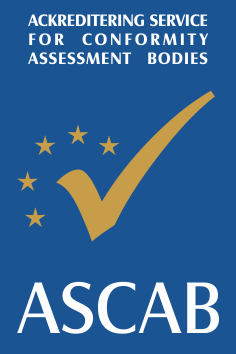Conformity assessment and certification
What does "conformity assessment" mean?
At its simplest, "conformity assessment" means checking that products, materials, services, systems or people measure up to the specifications of a relevant standard. For example, a customer may want to check that the product he or she ordered from a supplier meets the purpose for which it is required. One of the most efficient ways to do this is when the specifications of the product have been defined in an International Standard. That way, both supplier and customer are on the same wavelength, even if they are based in different countries, because they are both using the same references.
Why is conformity assessment so important?
Today, many products require testing for conformance with specifications or compliance with safety or other regulations before they can be put on many markets. Even simpler products may require supporting technical documentation that includes test data. With so much trade taking place across borders, it may just not be practical for these activities to be carried out by suppliers and customers, but rather by specialized third parties. In addition, national legislation may require such testing to be carried out by independent bodies, particularly when the products concerned have health or environmental implications. In fact, conformity assessment has become an important component of world trade which is most often carried out by specialist organizations, such as inspection and certification bodies and testing laboratories.
Does ISO carry out conformity assessment?
Over the years, ISO has developed many of the standards (although locally they will probably carry a national designation) against which products are assessed for conformity, as well as the standardized test methods that allow the meaningful comparison of test results so necessary for international trade. However, ISO itself does not carry out conformity assessment. This is a matter for suppliers and clients in the private sector, and of regulatory bodies when ISO standards have been incorporated into public leglislation. In addition, there exist many testing laboratories and certification bodies which offer independent conformity assessment services. Such services are sometimes performed by ISO members, either as a commercial venture, or under mandate to their national government.
Does ISO have any involvement with conformity assessment?
It is not the role of ISO to verify that ISO standards are being implemented by users in conformity with the requirements of the standards. However, in partnership with IEC (International Electrotechnical Commission), ISO develops ISO/IEC guides and standards to be used by organizations which carry out conformity assessment activities. The voluntary criteria contained in these guides and standards represent an international consensus on what constitutes best practice. Their use contributes to the consistency and coherence of conformity assessment worldwide and so facilitates trade across borders. You can find more information about these activities in the Conformity assessment pages..
